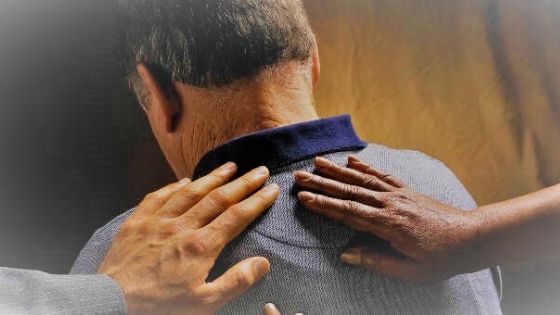What does the Bible say about the Laying on of Hands?
The laying on of hands is an act in which one person places his hands upon the body of another person with some definite spiritual purpose. The laying on of hands has great significance as a religious rite or ceremony in the Bible and in the history of the Christian church. As a matter of … Read more

